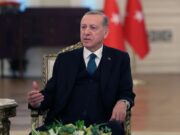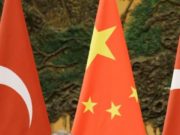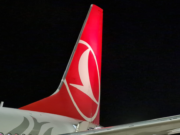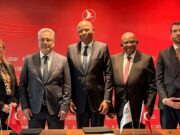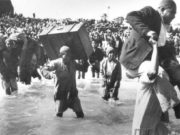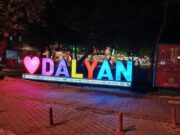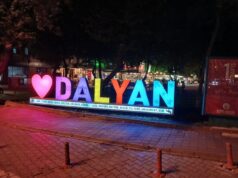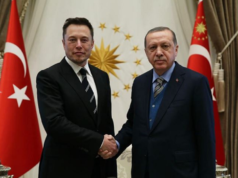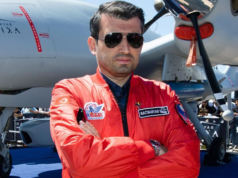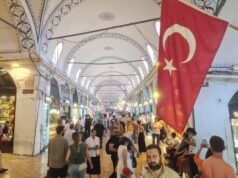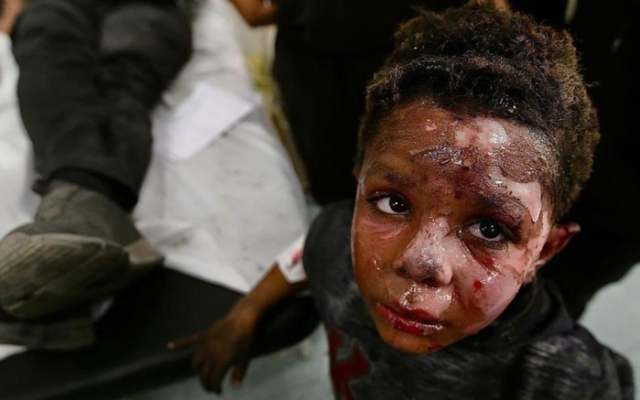
Berlin – The situation for journalists in Gaza is more dangerous than anywhere else in the world. As “Reporters Without Borders” announced, 140 media professionals have already been killed by the Israeli military offensive during the war. At least 31 of them were killed in the course of their work, some of them deliberately. Attacks on members of the press are war crimes.
“Nevertheless, the Israeli military repeatedly kills colleagues who were clearly recognizable as press representatives due to the inscriptions on their vests and helmets. At the beginning of August, for example, the army shot 27-year-old Al-Jazeera reporter Ismail al-Ghoul and his cameraman Rami al-Refee. Both were killed,” the statement reads.
Journalists in Germany have now signed a petition condemning what they see as one-sided reporting on the Gaza war. The signatories include employees of the Süddeutsche Zeitung, Der Spiegel, public broadcaster RTL and Die Zeit.
On the new Website Protect Gaza Journalists, they demand, among other things, a lifting of the Israeli ban on independent international reporters entering the war zone and protection for journalists in Gaza.
German media are called upon not to simply take over Israel’s representations and reproduce them unchecked. Instead, they demand a “diversity of sources, embedding in the historical and political context, cooperation on an equal footing with Palestinian journalists”.
Large sections of the German journalism industry are not taking a stance on these dangerous developments. No German media was involved in an open letter from over 70 international media organizations calling for international journalists to be given access to Gaza. At the end of August, several European organizations called on the Vice President of the European Commission, Josep Borrell, in an open letter to protect journalists in Gaza.
Overall, however, the German media have reacted cautiously to the killing of journalists and the restriction of press freedom in Gaza.
Instead, some German editorial offices seem to simply accept the blatant restrictions on press freedom as a given.
Journalist*innen aus #Deutschland setzen sich in einem offenen Brief für Pressefreiheit im #Gaza-Krieg ein. Sie fordern Schutz von Medienschaffenden, Zugang für unabhängige Berichterstattung und keine ungeprüfte Übernahme der Aussagen von Kriegsparteien: https://t.co/HTTxR1HNPO pic.twitter.com/l03jX2KmmX
— Reporter ohne Grenzen (@ReporterOG) September 13, 2024








